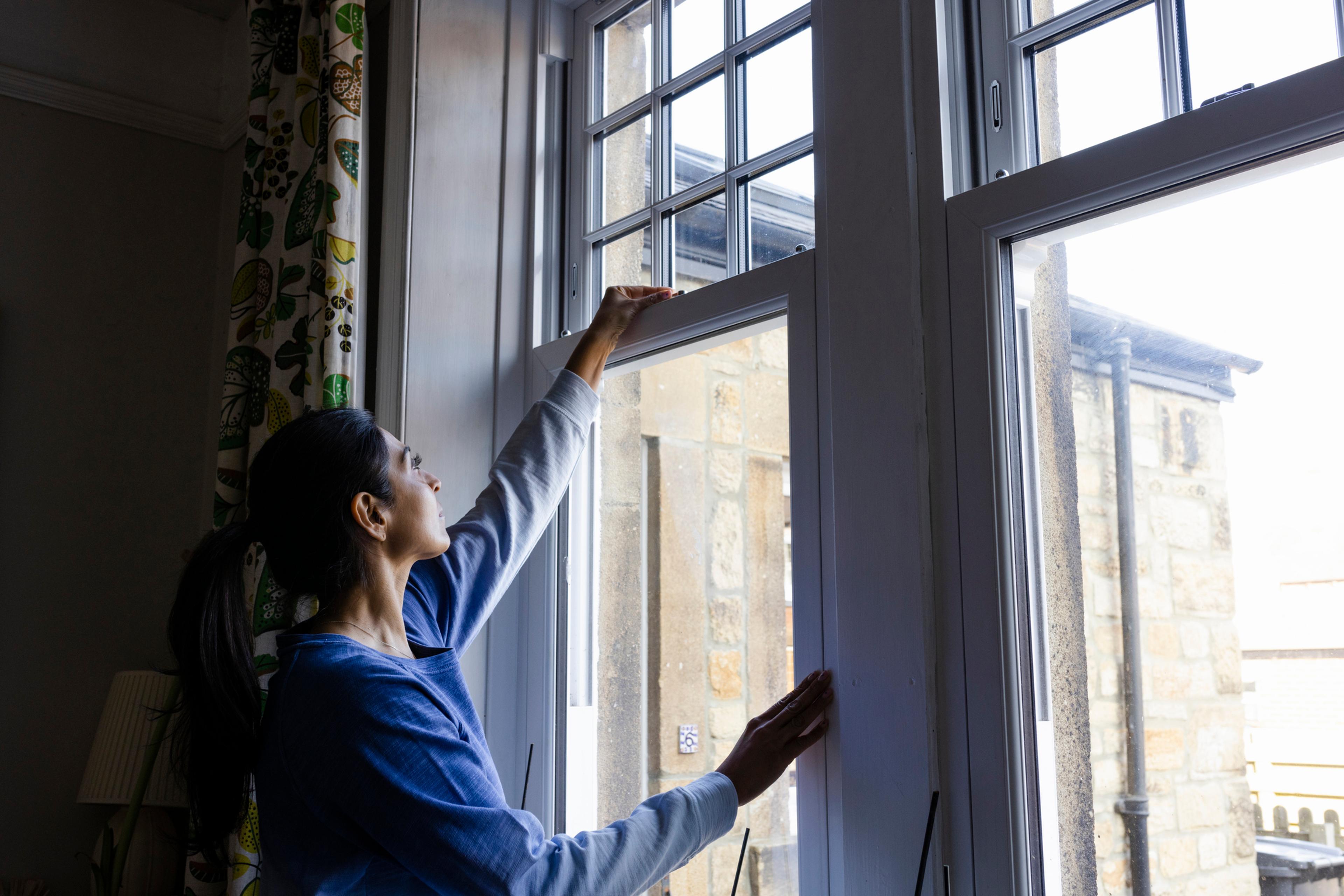Best Ways to Prevent Seasonal Allergy Symptoms
Dr. Crystal Lee
| 4 min read

Springtime allergy symptoms may cause individuals to suffer longer and more severely than allergens associated with other seasons. That’s because warming temperatures related to climate change have caused trees, grass and weeds to produce more pollen – and more aggressive types of pollen such as ragweed – than they did several decades ago.
Allergens are thriving for longer periods than in the past and extending the pollen season by as much as three weeks in some parts of North America.
In Michigan, spring allergy season starts in late March and typically ends in late May or early June. The most common allergens associated with spring in Michigan include:
- Evergreen, maple, ash and birch trees
- Grass clippings and grass pollen
- Ragweed
What to know about ragweed pollen
Ragweed pollen can cause seasonal rhinitis, also known as hay fever, which affects up to 25 million people per year. These plants release pollen starting in late summer through the first frost of the season. Seasonal hay fever is present in areas where trees, grass and weeds release pollen and where there are high levels of mold spores in the air. Symptoms typically include:
- Headaches
- Itchy or watery eyes
- Itchy throat
- Nasal congestion
- Rashes or hives
- Runny nose
- Sneezing
Ragweed pollen can also aggravate asthma symptoms, which may lead to coughing and wheezing. Individuals with a history of asthma or eczema may be more likely to develop a ragweed allergy.
Why is it important to be proactive before allergy season?
Pretreating allergies can help better control symptoms and even prevent some altogether. Working with a primary care provider (PCP) can help an individual find the right over-the-counter or prescription treatment for seasonal allergies.
A PCP can evaluate symptoms, determine if further testing is needed and help patients identify an action plan to manage their condition. Some of the most common and effective OTC remedies for seasonal allergies include:
- Antihistamines
- Decongestants
- Intranasal corticosteroids (nasal sprays)
- Antihistamine eye drops
Being proactive also means regularly checking local pollen conditions and air quality. Online tools can generate local air quality and pollen counts. Many weather apps and news stations reports do this as well. On days in which local pollen counts are elevated, limit exposure to outside air. This is especially important in the morning, when pollen counts are typically the highest. Windy days can also make symptoms worse, while rain can wash pollen out of the air and provide relief.
Taming spring allergies starts at home
According to the American College of Asthma, Allergy and Immunology, these home and lifestyle changes can help an individual avoid or reduce springtime allergens:
- Avoid drying laundry outside
- Declutter by removing items that collect dust like books, magazines and knickknacks
- Change clothes after spending time outside
- Consider running an air purifier with an HEPA (high-efficiency particulate air) filter indoors
- Keep pets out of the bedroom
- Keep windows at home shut and vehicle windows rolled up while driving
- Shower after outdoor activities to rid the hair and skin of pollen
- Stop smoking or vaping
- Use hypoallergenic laundry detergents and softeners
- Use HEPA filters for single rooms and disposable filters for whole-house HVAC systems to keep the air clear of allergens and particles
- Vacuum regularly with a HEPA-filter to clean carpets and rugs
- Wash bedding regularly and consider using washable curtains made of plain cotton or synthetic fabric instead of blinds, which are harder to clean
Those who garden should carefully research the types of trees and flowers they plant in their yards, as plants pollinated by wildlife rather than the wind are less likely to release allergenic pollen into the air, making allergies flare up, according to the AAMC.
In addition to helping patients find the best OTC allergy remedies for them, a PCP may also refer patients to an allergist, who could perform an allergy test if symptoms persist and fail to respond to medication.
Crystal Lee is a medical director of utilization management at Blue Cross Blue Shield of Michigan. For more health tips and information, visit AHealthierMichigan.com.
Read on:
- Do Humidifiers Help with Allergies?
- Signs of Depression in People Over 50
- The Benefits of Keeping a Food Diary or Weight Loss Journal
Photo credit: Getty Images





